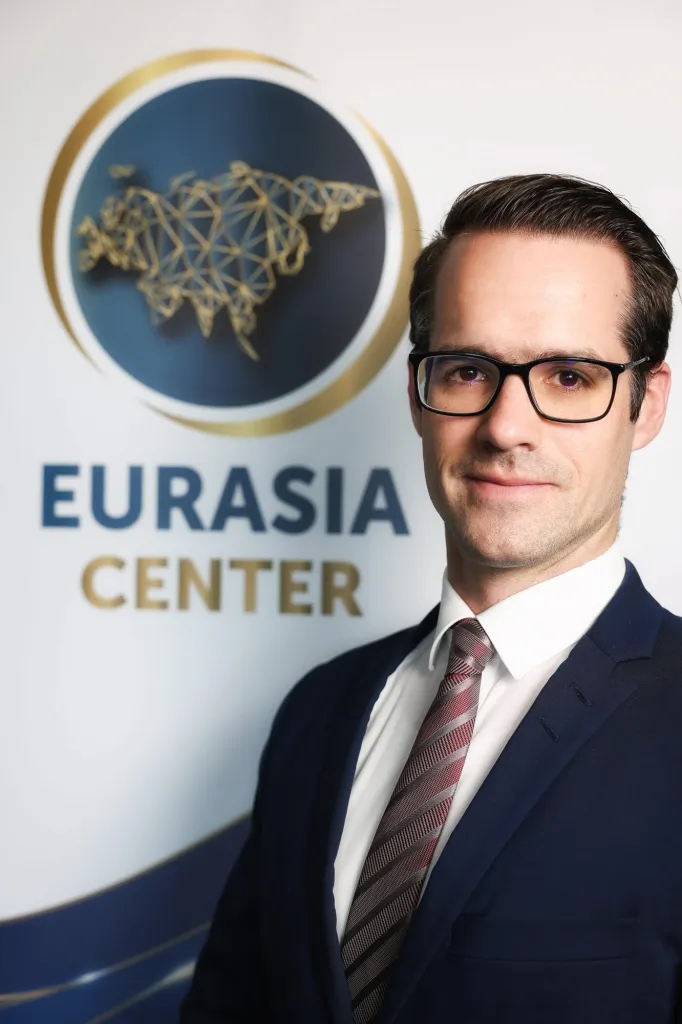
China Hungary Photo:VCG
Chinese President Xi Jinping arrived in Budapest on Wednesday for a state visit to Hungary. In an exclusive interview with the Global Times, Levente Horvath, director of the Eurasia Center at John von Neumann University, said that this visit is an important opportunity as the two countries celebrate the 75th anniversary of establishing diplomatic relations. He noted that Hungary is expected to play a positive role in China-EU relations during its upcoming EU presidency.
Horvath highlighted that in the past 14 years, since the Hungarian government announced the "Open to the East" policy, trade and economic cooperation between Hungary and China have developed at an accelerating pace. He noted that the two countries now enjoy strong and positive economic cooperation.
The Hungarian scholar pointed out that in the emerging multipolar world order, not only Western countries, but also nations like China, Russia, and India will be significant players. Hungary aims to diversify its international relations and seeks greater economic cooperation. He summarized Hungary-China relations with five points, particularly in terms of connectivity under the Belt and Road Initiative (BRI).
"First of all, there is political connectivity," Horvath said, noting that political cooperation between the two countries has grown stronger in recent years, marked by frequent high-level interactions. "Almost every month, there is a ministerial-level meeting between the two sides," he added.
The second aspect is trade. In the past 14 years, especially since the "Open to the East" policy began, Hungary's exports to China have doubled, while imports from China have tripled, Horvath stated.
Additionally, Hungary is an important partner in the BRI, and the Budapest-Belgrade railway has become a major infrastructure project. "We hope that during these meetings, there will be other announcements about cooperation in infrastructure, like railway stations or railroads," Horvath said.
Financial and people-to-people connectivity have also strengthened. "We already have five Confucius Institutes in Hungary, and this year, China plans to open the China Cultural Center," he said.
Elaborating on the emerging world order, Horvath, Hungary's former Consul General in Shanghai, told the Global Times that previously world order was dominated by Western countries, but these nations are losing their leading positions and are therefore demonizing China and Asian countries. "In the EU, they also frequently criticize China," he said.

Levente Horvath, director of the Eurasia Center of John von Neumann University Photo: From the website of Eurasia Center
"But if we look at EU members, we can see very strong economic cooperation," he said, citing examples like German Chancellor Olaf Scholz's visit to China with numerous CEOs, and French President Emmanuel Macron welcoming Xi in France in recent days.
Leaders from other countries, including Spain, the Netherlands, and Belgium, also visited China to discuss economic cooperation, and "the president and prime minister of Italy are planning to go to China," he said.
"We can see that despite their criticism of China, EU members are seeking stronger economic cooperation with the country," Horvath said, emphasizing that Hungary has a different way of thinking by not interfering with the internal policies of China and other countries.
As Hungary is set to take over the rotating EU presidency in July, Horvath believes the country could change the bloc's mindset about "de-risking" with China. History shows that "de-risking" or "decoupling" is never the best approach for the future.
"Cooperation is the best way, according to history," he said, emphasizing the importance of learning from the past.
"About 40 or 50 years ago, when Japan became the second-largest economic and technological power, some Western countries were afraid of Japan. Now some are afraid of China, which is rooted in ideological and political intentions," Horvath said. "Eventually, they agreed on cooperation, and now we see that Japanese and South Korean cars don't destroy our markets. So, we don't need to be afraid of Chinese cars."
Top executives at BMW and Volkswagen warned against EU imposing import duties on Chinese electric vehicles (EVs), saying it could jeopardize the bloc's Green Deal plan and harm automakers importing cars from China, Reuters reported on Wednesday.
The Hungarian scholar argued that EVs represent the future and that Chinese automakers have strong cooperation with German car companies. Some EU politicians and experts demonize Chinese companies out of fear of losing their advantageous position. However, when Chinese EVs enter the EU and Hungarian markets, they will bring many benefits, Horvath said.
"As I travel frequently to China, almost every month, I see many high-quality Chinese EVs with advanced technology and innovations," he said, noting that investments by Chinese companies in Hungary will lead to healthy competition.
Horvath also emphasized that China and Europe share a common interest in cooperation. The Hungarian government has a similar perspective on international relations, akin to China's.
"We also share the Eurasia connectivity concept, so Europe and Asia should connect. We also promote mutual respect and peace, and oppose war. In the EU, many support the conflict between Ukraine and Russia, but we oppose the war," he said.
"We hope Russia and Ukraine can sit down and discuss their issues peacefully. China also seeks mutual respect, peace, and opposes war," Horvath said.
During its EU presidency, Hungary hopes to influence the bloc's thinking about China, as the country aims to ensure that the EU remains an essential pillar of the multipolar world, the Hungarian scholar concluded.





